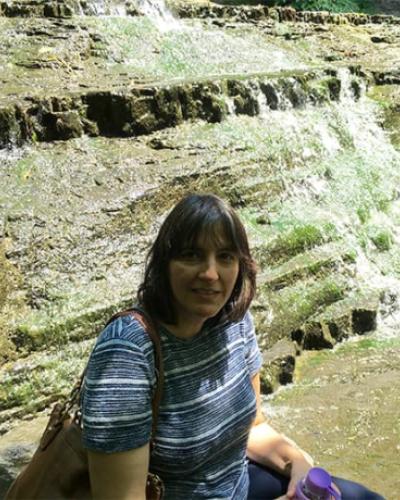Education as practice, process and possibility has always fascinated me. It is how people teach, learn and deliberate in everyday life and in diverse settings including schools, communities and families, and across borders. It involves continuity and change in the context of political, cultural and global transformations and inequalities. I situate my scholarship and research in the anthropology of education. I draw from cultural anthropology and the interdisciplinary fields of education, ethnic studies and feminist studies to ask questions about how knowledge is constructed in diverse spaces, how identities are fashioned in teaching and learning, and about pedagogy in civic life. I studied these questions in the U.S. with Latina mothers who created affirming narratives of family education and modes of belonging in a new Latino diaspora community in North Carolina. I have written about the politics of race and gender in teacher preparation programs and in the practice of qualitative research. I have focused on Latina/o education and more recently on community spaces of Latina/o cultural programming. I have long been inspired by Latina and decolonial feminist theories to think about pedagogies of coalition and difficult solidarities in civic activism. My work is published in journals such as the Harvard Educational Review, & Education Quarterly and the International Journal of Qualitative Studies in Education.
Currently I am working on a book manuscript, How a Community Teaches Justice: Race, Culture and Everyday Social Movement. This ethnographic study details education in community life, organized around the politics of racial justice and cultural belonging. Over several years, I have been attendant to the question of how race, culture and justice are made meaningful at the local level. I studied how collectives moved with intention to facilitate the teaching and learning of racial justice and citizenship through workshops, forums, protests, celebrations, radio, all-community reads, film viewings, theater, art and cultural programming. In these various sites and forms of culture- and race-conscious public pedagogies, networked sets of actors fostered learning communities that were continuously created, challenged, disrupted and recreated in discourse, artifacts, space, and activity. Dense networks connected one event to another, one celebration to the next protest, animating the continual hard work of being public together, as Gert Biesta writes, of cultivating imagination and finding ways toward common action.
In the manuscript, I suggest an expanding view of social movement to account for its everydayness and pedagogical force. In the United States, large scale mobilizations for human dignity and the environment are not only made meaningful in local contexts, but the issues are always already in the works at the local level and in the specificity of people’s everyday individual and collective responses to a racialized world. Education is at the heart of these intentional efforts with the potential to reproduce oppressive scripts but also to challenge them.






